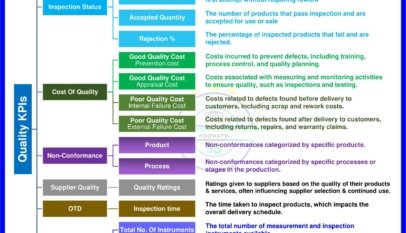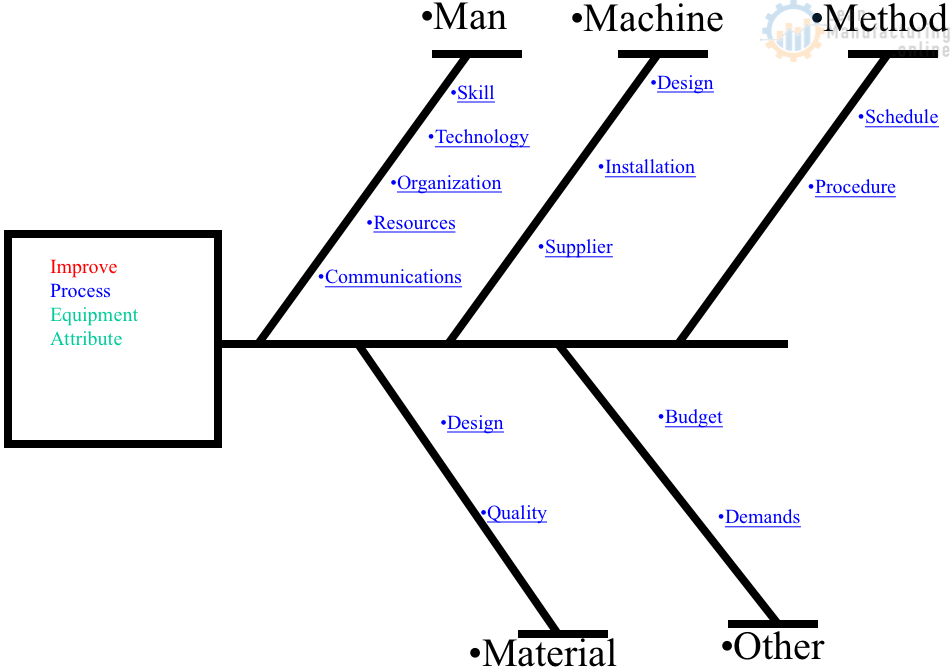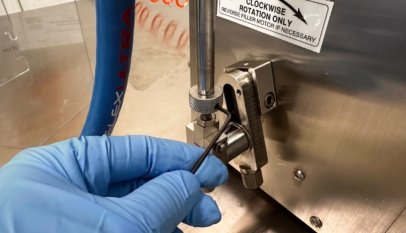Mechanical engineering is considered the most interdisciplinary of all engineering majors because of its intersections with other academic fields, including civil, chemical, and industrial engineering. Therefore, mechanical engineers can work on various projects in many companies.
Due to the diversity of the industry, mechanical engineers have always had a wide range of employment options, and this trend will continue in the years to come.
While core mechanical engineering concepts such as thermodynamics, fluid mechanics, and machine design remain valid, demand for specialists with knowledge of composite materials, mechatronics, and nanotechnology is growing.
Engineers must quickly develop, integrate, and scale the digital technologies and components required to fulfill new global demands, though, as the globe transitions to a more digital way of life during the COVID-19 shutdown.
The digital world of the pandemic corresponds with a rush of new technologies from the Fourth Industrial Revolution, such as the digital twin, which will be a crucial component of design and testing as engineers work remotely by 2020 and is already a considerable time and resource saver.
Learn about Mechanical Engineering’s future.
Manufacturing Technology
Manufacturing is a dynamic industry. The increasing pressure to improve production efficiency while reducing operating costs drives the need for new cutting-edge technologies.
Mechanical engineers are essential in automation and robotics, critical to meeting consumer demands while maximizing profits.
With manufacturing booming, many U.S. industries need help to fill open positions with qualified professionals, especially engineers. Hence, this sector offers job prospects for those with a degree in mechanical engineering.
While new technologies have revolutionized engineering, the mechanical engineering discipline holds excellent promise. As a result, engineering graduates will be exposed to further study and subject areas. However stay caught up, working professionals must be aware of recent and upcoming developments to avoid being left behind.
Mechanical engineering plays a vital role in manufacturing technology, as it involves designing, developing, and producing a wide range of automated systems and equipment. These systems and equipment are used in various industries, including automotive, aerospace, defense, and energy, to name a few.
In the future, mechanical engineering in manufacturing technology will likely continue to evolve and advance, driven by the increasing demand for more efficient and sustainable manufacturing processes. It could involve the development of new materials and manufacturing techniques and integration technologies such as automation, artificial intelligence, and the Internet of Things.
As a result, mechanical engineers working in manufacturing technology will need to stay up-to-date with the latest developments in their field and be able to adapt to changing technologies and industry trends. They will also need strong problem-solving and analytical skills and the ability to work collaboratively with cross-functional teams.
3D Modeling Through A.I.
A.I. will employ a method similar to 3D CAD code modeling. Artificial intelligence can be used to swiftly and accurately depict complex systems. Compared to a designer using CAD, A.I. can prevent hundreds or even thousands of hours of labor. There will be cost reductions as a result of these hours. Future 3D modeling will be significantly influenced by artificial intelligence.
A.I. can be used to speed up and improve the accuracy of 3D modeling processes, enabling mechanical engineers to design and analyze complex mechanical systems more efficiently.
In the future, A.I. will likely be increasingly integrated into mechanical engineering software and tools, allowing for more advanced and automated 3D modeling capabilities. For example, A.I. algorithms may be used to optimize designs, predict the behavior of mechanical systems, and identify potential design flaws or areas for improvement.
Mechanical engineers skilled in using AI-powered 3D modeling tools and techniques will be well-positioned to take advantage of these advances and drive innovation in their field. They will need to stay up-to-date with the latest developments in A.I. and be able to apply these technologies effectively in their work.
Electric Vehicles
The transportation industry continues to produce the most greenhouse gas emissions in the U.S. The development of electric vehicles is fueled partly by mounting pressure to adopt alternative energy sources. Although they have always been crucial to the automotive industry, mechanical engineers now play a more vital role than ever.
Cleaner battery-powered systems provide additional issues in terms of torque and energy losses, as well as mechatronic designs to support new electrical systems when replacing conventional internal combustion engines with them.
Additionally, mechanical engineers will play a significant role in designing robotics and assembly lines as the vehicle manufacturing industry becomes increasingly automated.
Electric vehicles (EVs) are expected to play a significant role in the future of transportation, and mechanical engineering will be a crucial discipline in their development and deployment. Mechanical engineers will be responsible for designing and building the components that make up an E.V., including the electric motor, drivetrain, and battery system.
In the future, mechanical engineers working on E.V. projects will likely need to be skilled in various areas, including electrical engineering, materials science, and computer-aided design (CAD). They will also need to be familiar with the latest advancements in E.V. technology, such as high-capacity batteries, fast-charging systems, and advanced drivetrain systems.
As the demand for E.V.s continues to grow, mechanical engineers will have the opportunity to work on various exciting and innovative projects, including developing autonomous E.V.s, E.V. charging infrastructure, and specialized E.V. components for niche markets.
Nanotechnology
Big future from little things. The newest frontier in engineering is nanotechnology, which opens up new possibilities for manufacturing, fluid mechanics, robotics, combustion, biomedicine, measurement, heat transfer, and other fields. The largest academic cleanroom in the world is located at Purdue University’s Birck Center for Nanotechnology, where interdisciplinary teams can access cutting-edge nanoscale characterization (microscopy and metrology) and fabrication (deposition, etch, lithography, etc.). Researchers of the highest caliber in the fields of:
- nanoscale manufacturing
- Micro and Nano Fluids
- Biomolecular Detection
- nanoscale heat transfer
- computational modeling
- nanomechanical materials
The future of nanotechnology and mechanical engineering will likely involve developing and integrating increasingly complex and sophisticated nanoscale systems and devices. It may include using advanced materials and manufacturing techniques, such as 3D printing and nanolithography, to create highly precise and functional nanostructures.
Mechanical engineers in nanotechnology will need to be at the forefront of these advances, developing new methods and technologies for designing, fabricating, and testing nanoscale systems and devices. They will also need to be skilled in using specialized tools and equipment, such as atomic force microscopes and nanoscale manipulation devices, to enable the manipulation and analysis of materials at the nanoscale.
As nanotechnology continues to evolve, it will likely have a transformative impact on many industries, including healthcare, energy, and transportation. Mechanical engineers with expertise in nanotechnology will play a crucial role in driving these innovations and helping to shape the future of technology.
Future of Outsourcing Mechanical Engineering
It is difficult to predict the exact future of outsourcing mechanical engineering, as it will depend on various factors such as technological developments, economic conditions, and changes in business practices. However, outsourcing mechanical engineering will continue to be a popular option for companies seeking specialized expertise, low outsourcing manufacturing costs, and scale engineering capabilities as needed.
Several trends may shape the future of outsourcing mechanical engineering, including:
- Increased use of digital tools and technologies: The use of digital tools and technologies, such as computer-aided design (CAD) software, may make it easier for companies to collaborate with mechanical engineering partners remotely.
- Growth of the gig economy: The gig economy, which refers to the growing trend of independent contractors and freelancers, may lead to more companies outsourcing mechanical engineering work on a project-by-project basis.
- Increased focus on sustainability: Companies may increasingly seek mechanical engineering partners specializing in sustainable design and engineering practices.
Ultimately, the future of outsourcing mechanical engineering will depend on the evolving needs and priorities of businesses and the ability of mechanical engineering firms to adapt and meet those needs.
Conclusion
The demand for mechanical engineers is expected to increase by 4% between 2019 and 2029, or about 1,000 new jobs per year. The increase in product demand and the emergence of new industries are the causes of this ongoing growth. Electric cars and their role in the future are a fantastic illustration of this. All significant automakers are developing electric automobiles. A sector’s strength may be determined by how well the employment market is doing, and engineers aren’t going anywhere. Mechanical engineers will be required in the future to fill the opportunities as the industry’s demand increases.















